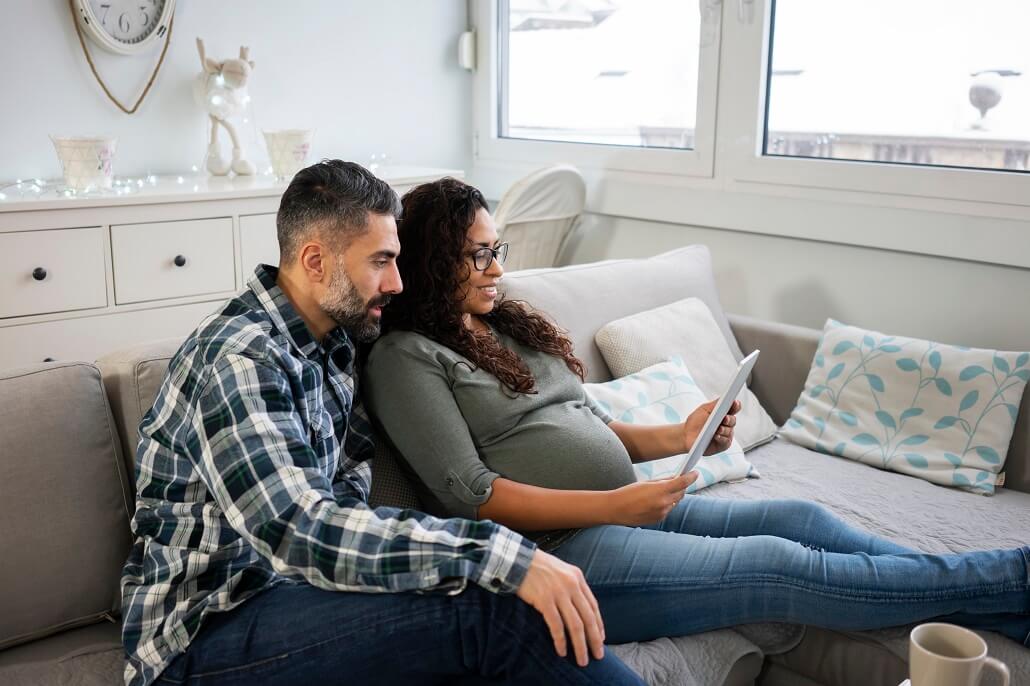MEFA Blog
Keep up to date with the latest news about planning and financing a college education and preparing for your financial future, from experts here at MEFA and across the industry. Browse through our blog and use it as your very own college planning guide.

Federal PLUS Loan funds help pay for college expenses. Learn about the types, who borrows, the qualifications, the interest rate, if there is an origination fee, borrowing limits, when repayment starts, how to select a loan, and more. …
By
Meredith Clement
|

Scholarships include Ivey Engineering Inc. Scholarship, Rover Scholarship, DutchCrafters Amish Furniture Heritage Scholarship, Quality Hoops Scholarship, Crossword Hobbyist Crossword Scholarship, Steps for Change Scholarship, Mobile Application Development Scholarship, My Impact Challenge, and more.…
By
Lauren Danz
|

Learn details of each program, why consolidation is necessary, and where to go for more information.…
By
|

Tips include using net price calculators, finding colleges that want you, learning about merit aid options, researching alumni earnings, asking questions on tours, and considering community colleges…
By
Meredith Clement
|
This tax season, families should evaluate their family finances and consider increasing contributions toward your U.Fund or U.Plan account, or open an account to begin saving.…
By
Lisa Rooney
|

Scholarships include Palette & Purpose Scholarship, AIGA Worldstudio Scholarships, Greater Than Gatsby Scholarship, Print and Graphics Scholarship, Against the Grain Artistic Scholarship, and Ocean Awareness Contest.…
By
Lauren Danz
|

The U.Fund upgrade can be attributed to a combination of increased confidence in Fidelity's team and state oversight that exceeds industry standards.…
By
Lisa Rooney
|

Questions include when to apply, how they are used, who gets the money, do they affect financial aid offers, and if they are taxed or not. …
By
Meredith Clement
|

Learn about the difference between need-based aid and merit-based aid is, what exactly need-based aid, as well as what financial need is. Also, learn how colleges decide need-based aid, and what that means about need-based aid.…
By
Meredith Clement
|

Scholarships include the Project Yellow Light Video Design Scholarship, AFSA National HS Essay Contest, Community Foundation's Scholarship, Party Headphones Scholarship, Pretty Lightroom Presets Scholarship, The Fountainhead Scholarship, RentHop's Scholarship, and more.…
By
Lauren Danz
|
Sign Up for Emails
Sign up for relevant, helpful college planning emails.